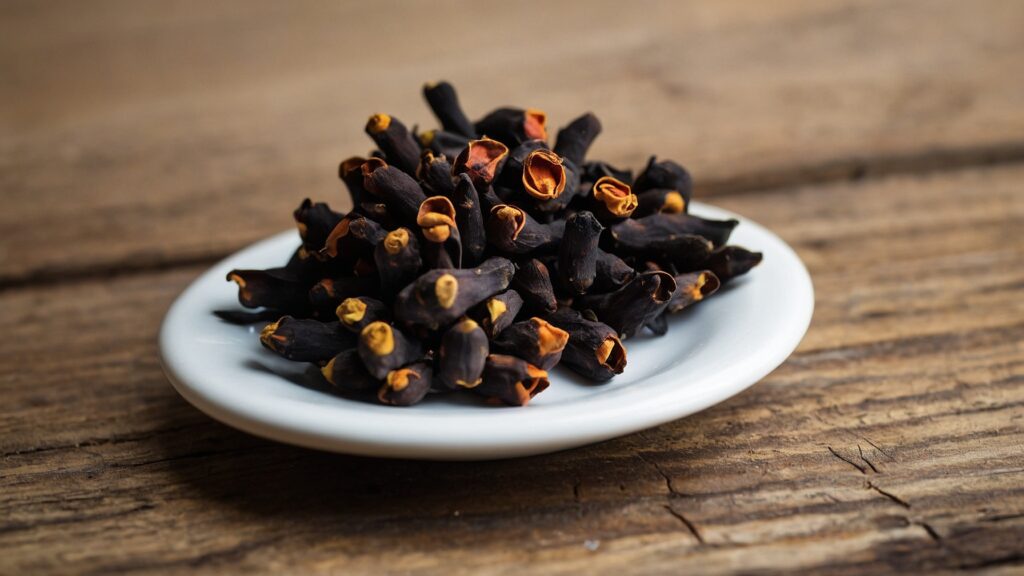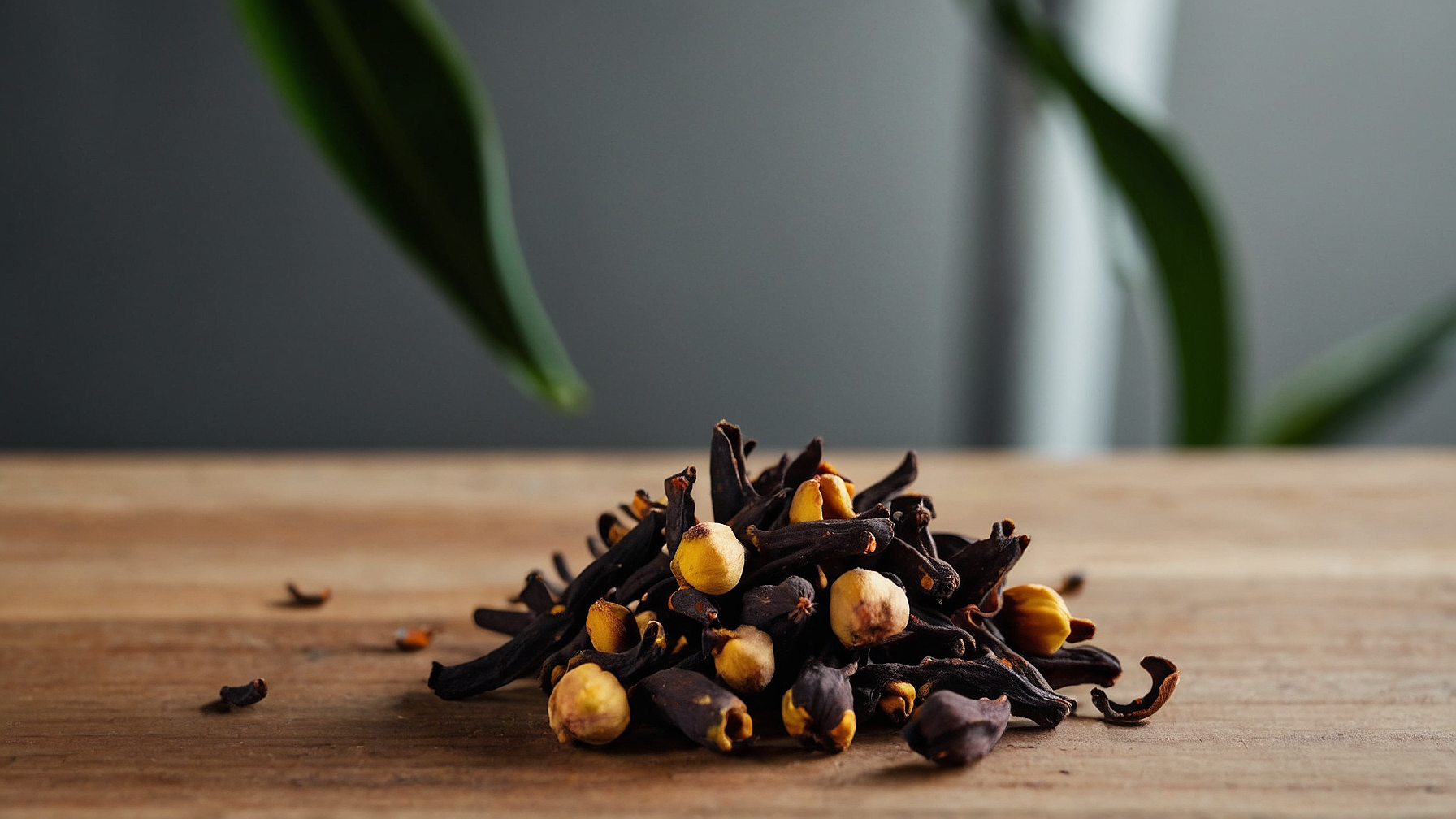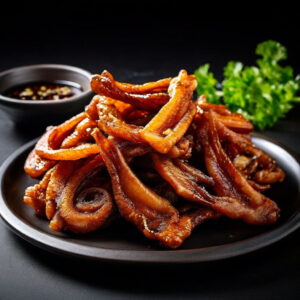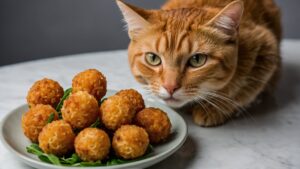Cloves, renowned for their aromatic and flavorful essence, have long been a staple in various culinary creations, enhancing the taste of both savory and sweet dishes. While humans have embraced the versatile uses of cloves in their kitchens, pet owners may find themselves pondering the question: can cats eat cloves? Delving into this query is essential to ensure the well-being of our feline companions. The exploration of the impact of cloves on cat health becomes pivotal, prompting a comprehensive guide that addresses concerns and provides valuable insights for responsible pet ownership.
To unravel the mystery surrounding the suitability of cloves for feline consumption, it is crucial to consider the potential risks and benefits associated with this aromatic spice. Cloves, in their natural state, contain certain compounds that may pose health hazards to cats if ingested in excessive amounts. As responsible pet owners, it is imperative to exercise caution and moderation when introducing new elements into a cat’s diet. This guide aims to shed light on the nuanced relationship between cloves and feline well-being, offering a detailed exploration of the dos and don’ts to ensure a safe and harmonious coexistence between our feline friends and this popular spice.
Table of Contents
What are Cloves?
Cloves are the dried flower buds of the Syzygium aromaticum tree native to Indonesia. Along with cinnamon, nutmeg, and pepper, cloves are one of the most commonly used spices.
Cloves have a sweet, warm, and aromatic flavor that enhances both sweet and savory foods. Whole and ground cloves are used in curries, stews, roasted meats, baked goods, and more. The spice contains healthful compounds like antioxidants, flavonoids, and polyphenols.
But just because cloves offer benefits for humans does not mean they are safe for feline consumption. Keep reading to learn more about the risks of cats eating cloves.
Can Cats Eat Cloves? Are Cloves Safe for Cats?
In short, no – cloves are not safe for cats to eat.
The primary danger with cloves is that they contain eugenol, a natural oil that makes up 70-85% of cloves. Eugenol gives cloves their distinctive flavor and aroma.
Cats lack an essential enzyme called glucuronyl transferase that allows them to metabolize phenolic compounds like eugenol. As a result, eugenol and other chemicals in cloves build up to toxic levels in a cat’s system.
Even small amounts of cloves can overwhelm a cat’s liver and cause poisoning. Let’s look closer at the harmful effects cloves can have if eaten by cats.
Dangers of Cats Eating Cloves
Consuming cloves puts cats at risk for:
- Liver damage – Eugenol builds up and causes injury to liver cells and bile ducts
- Gastrointestinal upset – Symptoms like vomiting, diarrhea, excessive drooling
- Respiratory issues – Difficulty breathing from irritation or swelling
- Change in heart rate – Increased heart rate from toxicity; potential arrhythmias
- Lethargy and weakness – Lack of energy from internal organ damage
- Tremors or seizures – Neurological effects from toxin buildup
- Coma or death – In severe cases of poisoning
Because of cloves’ potent aromatic oils and phenols, even small ingestions can be dangerous for cats.
Let’s look at exactly how much constitutes a toxic dose.
Amount of Cloves that are Toxic to Cats

Only a tiny amount of cloves can potentially cause liver damage and other issues in cats.
As little as 0.5 grams of cloves per kg of a cat’s body weight is considered toxic.
To put this in perspective:
- For a 10 pound cat, it only takes around 1/8 teaspoon of ground cloves to reach a toxic dose.
- For a 15 pound cat, about 1/4 teaspoon of cloves may be toxic.
Since we commonly use cloves in such small quantities, it does not take much to poison a cat inadvertently. A few spilled cloves or a tempting plate of cinnamon-clove cookies left unattended could be enough to harm a curious cat.
If you suspect your cat may have ingested cloves, immediate action is vital.
What to Do if Your Cat Eats Cloves
If you know or believe your cat ate cloves within the last few hours, you need to spring into action:
- Contact your veterinarian or poison control immediately. They will advise you on any potential treatment needed and whether to induce vomiting.
- If ingestion just occurred, your vet may recommend inducing vomiting to expel the cloves before they are digested and absorbed. Hydrogen peroxide is commonly used.
- Depending on the amount eaten, your cat may need hospitalization for treatment and to prevent liver damage. Treatment can include:
- IV fluids – To flush out toxins and support kidney function
- Medications – To control vomiting and protect the liver
- Monitoring – Checking bloodwork and vital signs
- Expect supportive care and monitoring to continue for 24-48 hours after ingestion to ensure cloves have passed and liver enzymes are stabilizing.
Prompt veterinary care is crucial to protecting your cat from the dangers of clove poisoning and can make all the difference in outcome. But better still is avoiding exposure in the first place.
Preventing Cats from Eating Cloves
To keep your curious cat safe from cloves and other toxic spices, follow these tips:
- Store cloves out of reach. Keep cloves and other spices in a high cabinet your cat cannot access. Use child locks if needed.
- Keep closet doors closed. Cats can sneak into closets and get into spices on shelves. Shut all closets securely.
- Use covered, child-proof latches on any lower cabinets housing spices. Deter smart and agile cats from opening doors.
- Clean up spills right away. Immediately sweep up or wipe any cloves spilled on counters or the floor.
- Keep cats out of kitchen when chopping, cooking with, or eating foods containing cloves. Shut them out of the room.
- Avoid diffusing clove oil aromatherapy in homes with cats, as they can inhale the volatile compounds.
With vigilance and cat-proofing, you can enjoy cloves without putting your feline friend at risk. But cloves are not the only spice that’s dangerous for cats…
Other Spices to Keep Away from Cats
In addition to cloves, many other common spices pose a toxicity risk and should be kept away from cats, including:
- Cinnamon – Also contains coumarin, a liver toxin for cats
- Nutmeg – Myristicin can cause hallucinations and seizures
- Cumin – High volatile oil content is problematic for cats
- Chili powder – Capsaicin can irritate the digestive tract
On the other hand, herbs like catnip, catmint, and cat thyme are safe for cats and attractive to them. Opt for these healthy, feline-approved herbs over spices when possible.
Safe Treats for Cats
While cloves and other spices should be avoided, there are many healthy, delicious treats you can offer your cat instead:
- Cat food or treats – Any commercial cat food or treats made for feline diets
- Cat grass – Wheatgrass, oatgrass, or barley grass grown for cats
- Catnip – The herb cats find irresistible, offered in moderation
- Fish – Small bites of cooked fish like salmon, cod, or tuna
- Chicken – Shredded boiled chicken, an excellent source of protein
- Cheese – Small, low-lactose portions for a special treat
- Kitty Kongs – Food puzzles with hidden treats to stimulate cats mentally and physically
Focus on treats specifically designed for cats to ensure safety and balance. Avoid giving cats “people food” unless you know it is cat-friendly.
The Bottom Line – Can Cats Eat Cloves?
In summary, cloves are not safe for cats to consume. The aromatic oils and phenolic compounds in cloves build up to toxic levels in cats’ small bodies. Even tiny amounts can cause liver damage, gastrointestinal issues, breathing troubles, and neurological symptoms.
Be vigilant about keeping cloves completely away from cats. Purchase treats specifically made for cats, not people. And contact your vet immediately if you think your cat ingested any quantity of cloves. Acting fast greatly improves the chances of recovery from clove poisoning.
With prevention and care, we can keep our curious cats safe from the dangers of cloves and other toxic spices lurking in our kitchens.
Frequently Asked Questions About Cats and Cloves
How long after eating cloves will a cat show signs of poisoning?
Cats may start showing signs like vomiting and drooling within 2-4 hours of ingesting cloves. More severe symptoms like liver damage can take 12-24 hours to manifest.
What home remedies stop cats from eating cloves?
Bitter citrus tastes often deter cats from unwanted behaviors. Try surrounding off-limit areas with peels from oranges, lemons, or grapefruit.
Will a vet pump a cat’s stomach if they eat cloves?
If cloves were ingested recently, the vet may induce vomiting first. If that fails, gastric lavage to pump the stomach contents may be needed to stop cloves from being digested.
Can cloves be used on cats to repel fleas?
No, do not use cloves or clove oil on cats. The eugenol in cloves is toxic to cats. Only use veterinarian-approved flea prevention medicated specifically for cats.
Can kittens have cloves?
Kittens should never consume cloves. Kittens are even more vulnerable to toxins and spices like cloves can seriously harm their small bodies. Strictly avoid exposure.
What spices are safe for cats?
Catnip, catmint, cat thyme, and bee balm are safe, healthy herbs cats enjoy. Avoid conventional spices, which often contain oils toxic to cats.
Reference
- American Society for the Prevention of Cruelty to Animals (ASPCA). Poisonous Plants.




